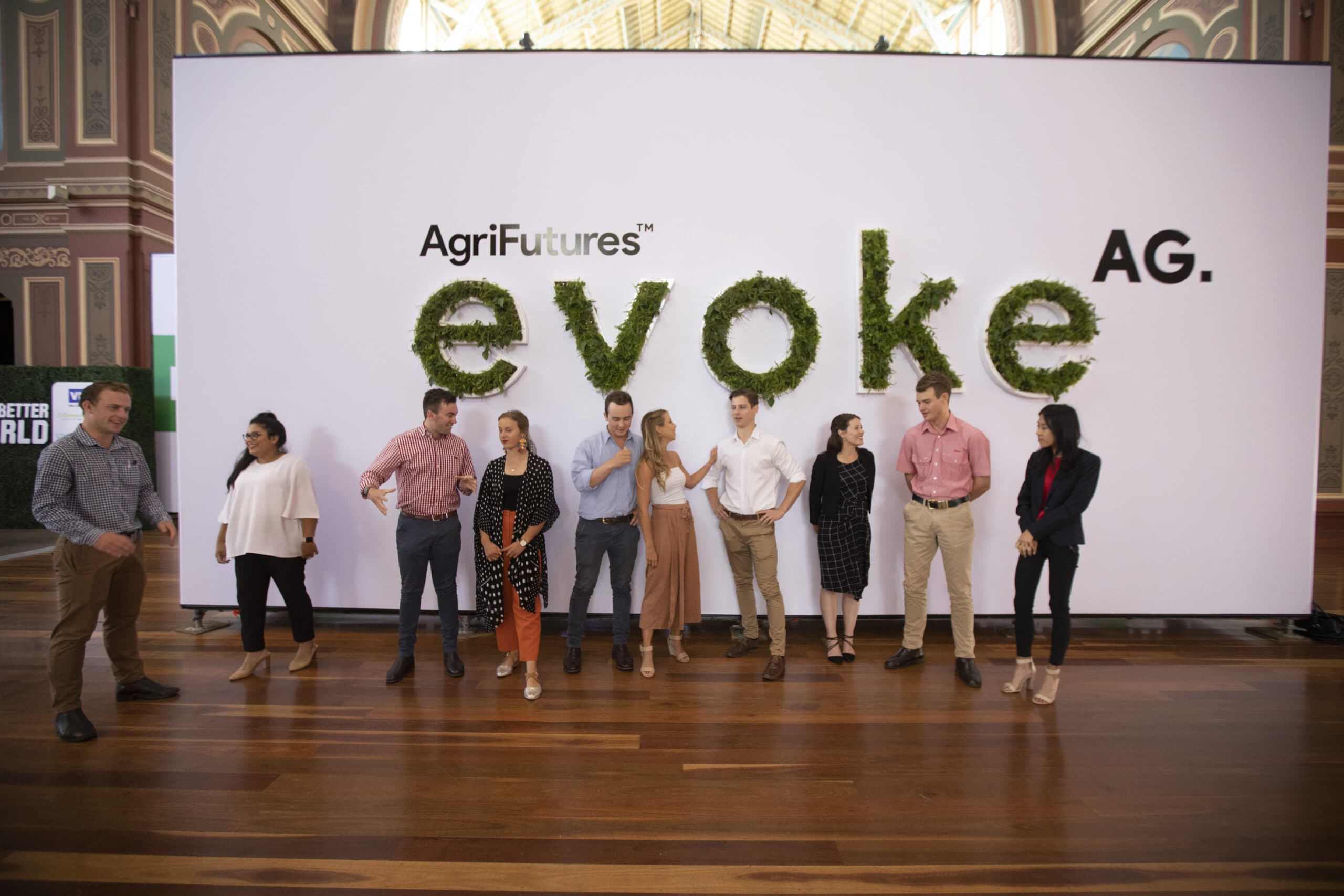Spending his early years on a farm, Jordy realised agriculture wasn’t short of fun problems to solve.
“I could see there was so many opportunities for products to be built. I decided I wanted to solve some of these problems and just started building things,” Jordy explains.
Jordy went on to work at MEQ Probe, a company providing a new solution that utilises machine learning to determine the quality of meat in seconds. He used his time there to be a sponge for information and experiences in building and commercialising deep-tech.
“We were building a laser system to measure the eating quality of meat. I spent a few years going through the ‘fun’ of getting products to market, shortening iteration cycles, spending time with customers, building and breaking stuff, all the normal bits of what it takes to grow a company,” says Jordy.
Founding Flux
It’s safe to say these learnings held Jordy in good stead for when he founded his own robotics company, Flux.
“You sit in the boomsprayer thinking, ‘how much of this is actually hitting what I want it to hit?’ Then you look at your gross margins and think, ‘Gee this is an expensive game of whack-a-mole I’m playing,’” Jordy adds.
He saw a need and he set about doing something about it – if only it was that simple.
“I started building a system to target chemical directly onto weeds, using things like computer vision, artificial intelligence and edge computing. I built a prototype pretty quickly, and we have been trialling and iterating on that prototype on paddocks across South Australia throughout 2021,” Jordy explains.
What’s next for Flux?
Jordy has his sights set on a commercial version of the product to be ready in early 2022, which he says is thanks to industry partners who have helped make his vision a reality.
“We have had amazing support; we’ve had farmers who have opened their doors to us and given us all the help we need to make it happen. This experience has been true with all of the things I’ve worked on in agriculture. I’ve had everyone from the cleaners to CEO’s who’ve had an impact on the products I’ve been working on.
“When you are building something that has never existed before, you have to learn a truckload, fast, so when you can hear it straight from the customers mouth, it fast tracks your progress and reduces your time to market. It’s invaluable,” says Jordy.
Related: evokeAG. Startup Program, evokeAG. Global Demo Day
First stop for Flux is a step-change transition from a blanket application of chemical across a landscape, to only targeting the chemicals where they are needed.
“Farmers make money from three variables, yield, price, and cost of production. Our products can help improve all three of those variables,” Jordy explains.
With reduced weeds, reduced cost of production and reduced impact on the environment, the solution has the potential to save the farmer money and reduce excess chemicals from being applied in the environment.
His plans for Flux don’t stop there though, down the track Jordy hopes to revolutionise the way we farm.
“Farmers are professional problem solvers that work with the realities of nature every day. We want to give them new ways of solving problems in the system they work in.
“What we are building is the machine intelligence that enables the farmer to think differently in terms of how they manage each square metre of their farm. When we give machines the ability to see, think and do things on a more granular scale, it opens up a whole new toolbox of options,” Jordy suggests.









